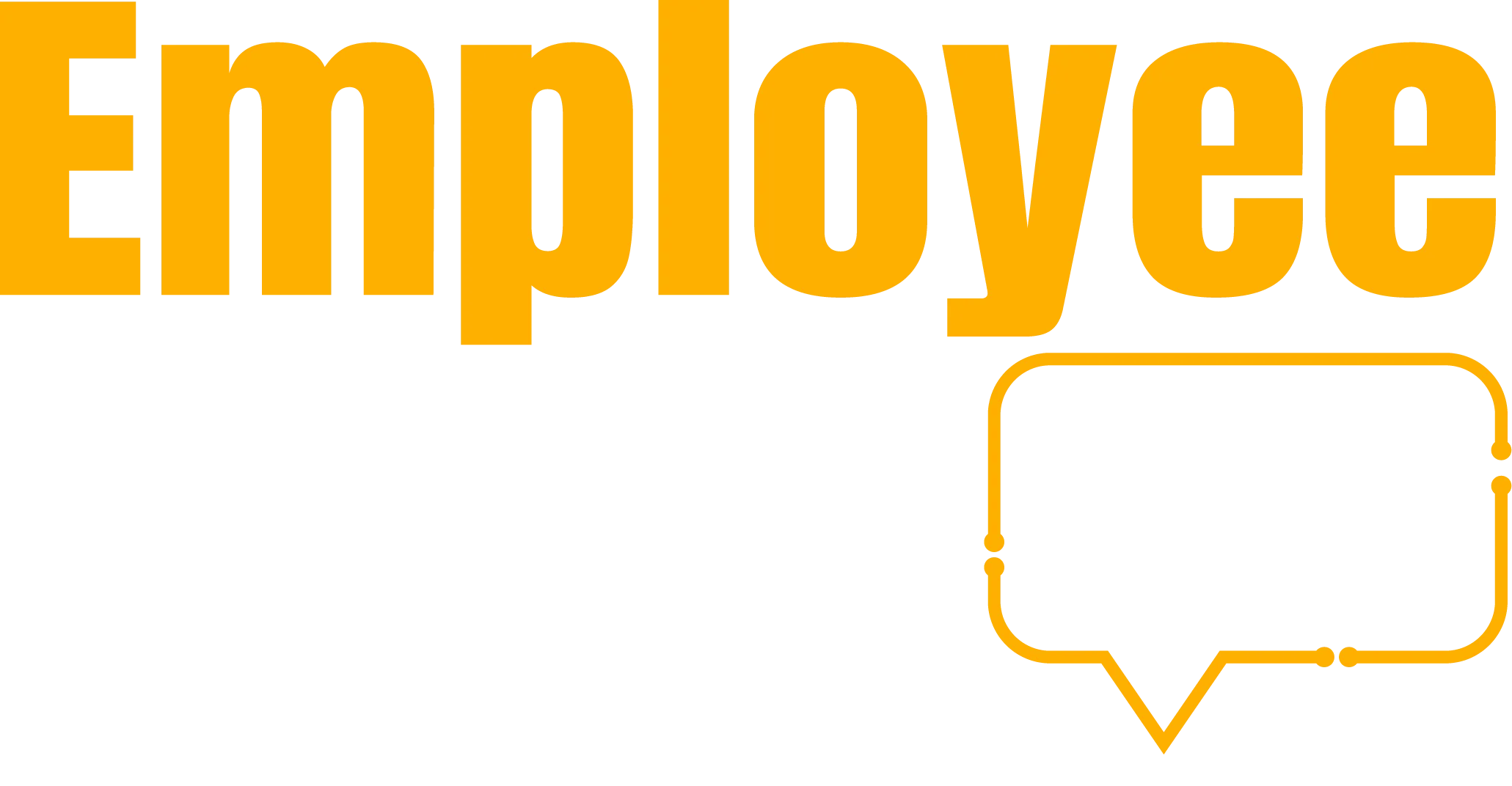What is DEI full form?
DEI stands for Diversity, Equity, and Inclusion. It is both a framework and a set of initiatives that help organizations create workplaces that are fair, respectful, and inclusive for all people, especially those from historically underrepresented or marginalized groups.
Diversity
Diversity refers to representation, ensuring that employees from different races, ethnicities, genders, abilities, age groups, backgrounds, and beliefs are present within the organization. A diverse workplace brings varied perspectives and experiences that can fuel creativity and better decision-making.
Equity
Equity is about fairness and justice in opportunities, resources, and treatment. Unlike equality, which treats everyone the same, equity focuses on removing systemic barriers and biases so that each individual has the support they need to succeed. For example, fair promotions, unbiased pay structures, and equal access to career growth opportunities all fall under equity.
Inclusion
Inclusion means actively creating an environment where every employee feels valued, respected, and able to contribute fully. It’s about ensuring that different voices are heard, diverse perspectives are welcomed, and people feel a sense of belonging and psychological safety at work.
DEI surveys at workplaces
A DEI survey is a tool organizations use to understand how employees perceive and experience diversity, equity, and inclusion at work. It goes beyond demographics, it measures how people feel about belonging, fairness, and opportunities within the company culture.
These surveys are usually anonymous and sent out regularly to track progress. More importantly, they only work when leaders show genuine commitment by listening to feedback and acting on it. Without action, DEI surveys risk becoming a checkbox exercise rather than a meaningful step toward inclusion.
What DEI surveys measure
1. Demographics: Capturing employee data such as gender, age, race, ethnicity, disability status, and sexual orientation. This helps identify representation gaps.
2. Employee experience: Understanding how employees feel about their workplace, whether they experience psychological safety, belonging, and respect.
3. Perceptions of fairness: Assessing if employees feel they have equal access to promotions, career growth, and fair pay without systemic biases or favoritism.
4. Inclusion and belonging: Measuring how welcomed and valued employees feel, and whether diverse voices are genuinely included in decision-making.
Sample DEI survey questions for HRs
Good DEI survey questions for HRs typically fall into four categories: demographic, perception, behavioral, and initiative-focused. Demographic questions gather information about identity, such as race, gender, age, or disability status. Perception questions gauge how employees feel about diversity and inclusion in the workplace. Behavioral questions assess whether employees have experienced or witnessed bias, discrimination, or harassment. Initiative-focused questions evaluate awareness and the effectiveness of DEI programs and policies already in place.
For example, questions could include: “To what extent do you feel valued and included in the workplace?” or “Have you experienced any incidents of discrimination or harassment here?” alongside demographic questions on representation.
What is a DEI questionnaire?
A DEI questionnaire, also known as a DEI survey, is a tool organizations use to evaluate their efforts around Diversity, Equity, and Inclusion (DEI). It helps assess the overall employee experience by collecting data on workforce demographics and employees’ perceptions of fairness, inclusion, and belonging at work. The insights gained from a DEI questionnaire allow organizations to identify gaps, track progress over time, and design strategies that foster a more equitable and inclusive workplace culture.
What is a DEI checklist?
A DEI checklist is a practical tool that helps organizations evaluate how effectively they are implementing Diversity, Equity, and Inclusion (DEI) initiatives. It provides a structured framework for reviewing workplace practices, identifying gaps, and building an action plan to create a more inclusive and equitable culture.
How a DEI checklist works
- Assessment: The checklist guides HR teams and leaders to systematically review areas such as leadership, hiring, policies, and employee experience.
- Identification of gaps: By working through each item, organizations can uncover where DEI initiatives are falling short or where unconscious biases might exist.
- Action planning: The results of the checklist can then inform a clear roadmap with actionable steps to strengthen DEI practices and measure progress over time.
Key areas covered in a DEI checklist
- Leadership commitment: Ensuring leaders actively champion and model DEI efforts.
- Recruitment and hiring: Attracting diverse talent through unbiased and inclusive hiring practices.
- Employee experience: Creating a culture of belonging where employees feel respected and valued.
- Policies and practices: Reviewing policies for fairness, including pay equity, promotions, and accessibility.
- Training and awareness: Offering ongoing education to reduce bias and strengthen DEI competencies across the workforce.
What are the top 3 diversity, equity, and inclusion DEI priorities?
Diversity questions
- On a scale of 1–10, how well do you think our organization represents a variety of genders, ages, ethnicities, and backgrounds?
- Do you see diverse role models in leadership that you can relate to?
- Have you ever witnessed or experienced discrimination or bias based on identity (gender, caste, disability, etc.) at work?
Equity questions
- Do you believe promotion, pay, and benefits opportunities are fair and consistent across all employees?
- Have you encountered any barriers when accessing training, mentorship, or growth opportunities?
- Do you feel performance evaluations are carried out without bias?
Inclusion & belonging questions
- Do you feel psychologically safe expressing your viewpoints at work?
- Does your manager or team encourage different perspectives and ideas?
- Have you ever felt excluded, socially or professionally, because of your background?
Perceptions & open‐ended questions
- What is one thing our organization could do better to improve inclusion?
- Do you feel our organization’s policies and practices demonstrate equity? Why or why not?
- How valued do you feel as part of the team? (Use a rating scale + space for comments)
Disclaimer: The DEI survey questions provided are illustrative in nature. Organizations are advised to adapt and refine them in accordance with their workplace culture, workforce composition, and specific diversity and inclusion objectives.
DEI surveys (ready-to-use templates)
Template 1: General DEI perception survey
Purpose: To understand how employees perceive diversity, fairness, and inclusion in the workplace.
- I believe our organization values diversity.
- Strongly agree / Agree / Neutral / Disagree / Strongly disagree
- I feel that promotions and career opportunities are fair and unbiased.
- Strongly agree / Agree / Neutral / Disagree / Strongly disagree
- I feel comfortable voicing my opinions, even when they are different from others.
- Always / Often / Sometimes / Rarely / Never
- Leadership demonstrates a commitment to diversity and inclusion.
- Strongly agree / Agree / Neutral / Disagree / Strongly disagree
- What is one change we could make to improve diversity, equity, or inclusion at our workplace?
Template 2: Inclusion and belonging survey
Purpose: To measure employees’ sense of belonging and inclusion.
- I feel included and respected in my team.
- Strongly agree / Agree / Neutral / Disagree / Strongly disagree
- My unique skills and perspectives are valued at work.
- Strongly agree / Agree / Neutral / Disagree / Strongly disagree
- I believe people from all backgrounds have equal opportunities to grow here.
- Always / Often / Sometimes / Rarely / Never
- I feel safe reporting incidents of discrimination or bias without fear of retaliation.
- Strongly agree / Agree / Neutral / Disagree / Strongly disagree
- Would you recommend this company as an inclusive workplace to a friend?
Disclaimer: These templates are examples. HR teams should customize the questions, scale, and frequency of surveys to match their organization’s culture and DEI goals.














.svg)
.svg)

